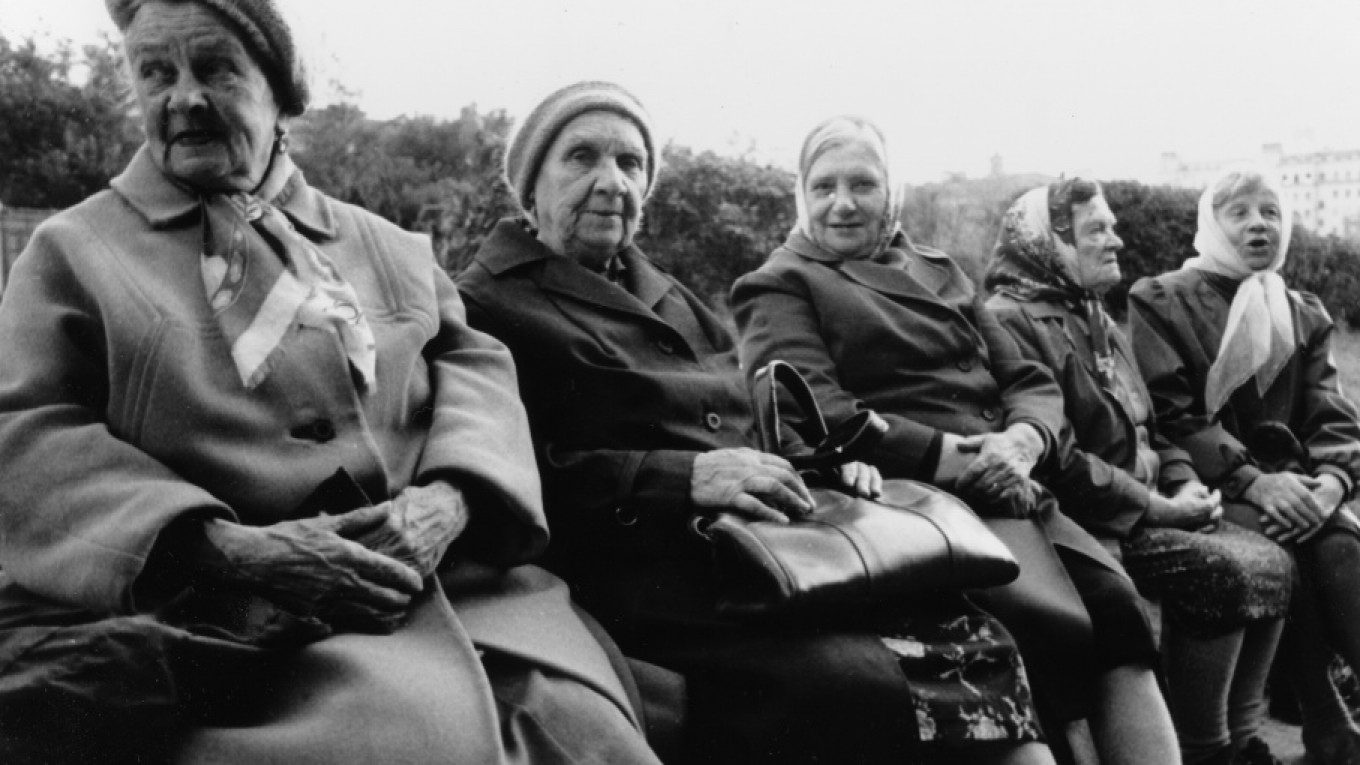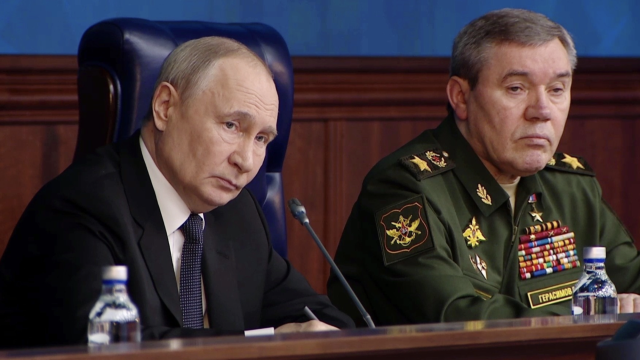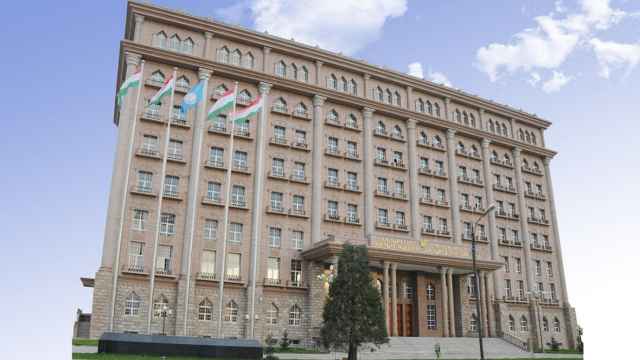One of Russia's largest non-state pension funds (NPFs) Budushee posted a negative return of 12.6 percent, meaning it lost every eighth ruble of the savings of its 4.5 million clients in 2018, the Vedomosti daily newspaper reported.
Budushee was one of the pension funds used by the so-called Garden Ring leading commercial banks to fund their expansions. The Garden Ring banks went bust in the autumn of 2017 and had to be rescued by the Central Bank of Russia (CBR), nearly sparking the systematic meltdown of the Russian financial system.
The total loss in 2018 stood at 38 billion rubles ($58.3 million), while the liabilities exceeded the assets by 30.6 billion rubles. In 2017 the NPF also had a negative return of 3.98 percent.
Budushee was controlled by O1 Group of billionaire Boris Mints, but was recently bought out, together with other assets of Mints, by Cyprus-based Riverstretch Trading & Investments (RT&I) that reportedly is affiliated with state-controlled Rosneft oil giant.
Mints was a shareholder in Promsvyazbank (PSB), one of the largest private banks bailed out by the CBR in 2017, and his businesses are suffering from banking assets contagion, risking losing over 20 billion rubles in assets after the CBR takeover of Promsvyazbank and Financial Corporation Otkritie last autumn.
"The bank scam was based on getting pension funds and using their money to pump loan books and manipulate the market," unnamed industry sources told bne IntelliNews, commenting on the reports of losses made by Budushee.
As reported by bne IntelliNews, while previously NPFs were clustering around private financial groups, the banking sector clean-up shook the market and shifted the bulk of pension savings to state and quasi-state groups, under the watchful eye of the CBR.
After buying Budushee from Mints, RT&I then sold 49 percent in the NPF to Leningradskoye Adazhio, controlled by Sergei Sudarikov of the Region investment company. After that Budushee issued 15 million rubles worth of additional shares.
Pension market consolidation
Region is also one of the largest players in the ongoing pension market consolidation. The company affiliated with Rosneft oil major has been buying stakes in such NPF assets as Traditsia fund, Soglasiye, and Neftegarant, in addition to Budushee and RT&I.
Region's fragmented pension assets are estimated at 520 billion rubles and are reportedly managed by the ex-top manager of Sberbank Galina Morozova.
About 1.4 trillion rubles ($21billion) of pension assets are concentrated around Gazprombank and its parent, the state-owned natural gas giant Gazprom, with the latest acquisition being the NPF Blagosostoyaniye, with 50 percent minus one share acquired from Russian Railways. Other Gazprom-affiliated pension assets include Gazfond, SOGAS, and Lider.
Sberbank, Russia's largest state-controlled bank, is de-facto the market leader, managing 618 billion rubles in pension assets through its NPF structure that is expanding organically and made only one acquisition recently, of VNIIEF Garant. The fourth major player, with 570 billion rubles in assets is being formed on the basis of NPF assets of bailed Financial Corporation Otkritie.
This article first appeared in bne IntelliNews.
A Message from The Moscow Times:
Dear readers,
We are facing unprecedented challenges. Russia's Prosecutor General's Office has designated The Moscow Times as an "undesirable" organization, criminalizing our work and putting our staff at risk of prosecution. This follows our earlier unjust labeling as a "foreign agent."
These actions are direct attempts to silence independent journalism in Russia. The authorities claim our work "discredits the decisions of the Russian leadership." We see things differently: we strive to provide accurate, unbiased reporting on Russia.
We, the journalists of The Moscow Times, refuse to be silenced. But to continue our work, we need your help.
Your support, no matter how small, makes a world of difference. If you can, please support us monthly starting from just $2. It's quick to set up, and every contribution makes a significant impact.
By supporting The Moscow Times, you're defending open, independent journalism in the face of repression. Thank you for standing with us.
Remind me later.






